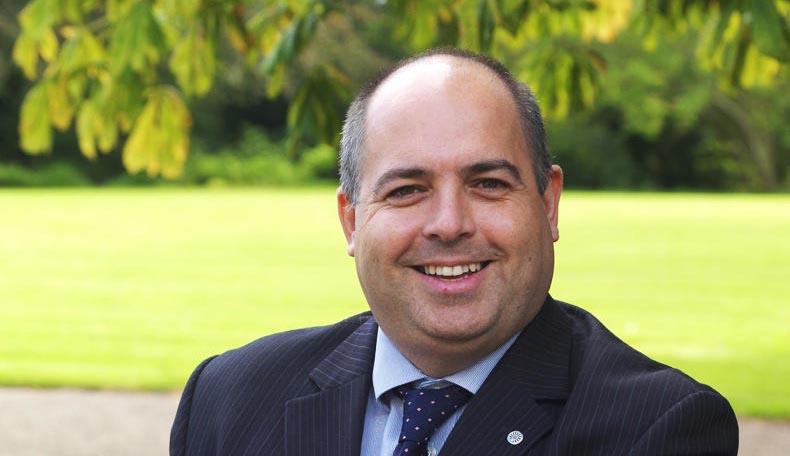Just as people change, so do the tax and accounting regulations and so speaking with your business advisors is important too. Most farming families meet with their accountant at least once a year but having a separate discussion about succession on an annual basis provides a foundation for making decisions. Likewise, when the family decides to make changes taking proper legal advice and using a qualified land agent is usually money well spent.
The 39 bus scenario
My starting point for succession planning is to look at what would happen if the 39 bus came around the corner and killed the current farmers. This would involve an inheritance tax (IHT) calculation which lists all of the assets and all of the liabilities of the unfortunate accident victim. It also then would look at the available reliefs which might reduce the value of the assets – Agricultural Property Relief (APR) and Business Property Relief (BPR).
Both of these, if assets qualify, would reduce the value of the asset in the deceased’s estate by 50-100%. These reliefs are very valuable and care needs to be taken when making changes in a farming business to preserve them. These apply to both landowners and tenants and, where they are available, are an extremely useful tool in passing assets on. Once you have quantified the potential value of the estate we would then look at the will, which sets out the deceased’s wishes in writing.
If there is IHT potentially to pay then the family could consider taking out life assurance which would pay out a lump sum to cover the debt. This can be for as long as is needed and buys some time to look at changes which would minimise the IHT payable preserving the underlying assets for the family.
Once you know what you are dealing with and what the various family members are thinking you can then usually look at some “quick wins” thrown out by the process of going through the 39 bus scenario. These quick wins vary from client to client but can be as simple as an amendment to the will which passes more assets to the surviving spouse. Assets passed to your spouse or civil partner are exempt from IHT on the first death but will mean that the surviving spouse might have an IHT problem when they die. Or it could be bringing the farm cottage onto the balance sheet so that it is part of the overall farming business, allowing you the opportunity of claiming APR/BPR. Whilst talking about simple wins, if you have a pension this should also be reviewed regularly.
Leaving your pension
Following pensions legislation changes in April 2015 it is possible to leave your pension fund to the next generation. It needs to be a modern pension scheme to allow this flexibility and it requires a form to be in place indicating to the pension trustees your wishes on who should benefit from the fund on your death.
Once you have tackled the quick wins you then need to redo the calculations and see if you still have a problem. If you do, then you need to tackle the thornier issues – please don’t ignore them or put them onto the “too difficult” pile of papers on the farm desk. Inevitably when looking at the bigger items there will be a question as to whether you should gift away assets from your ownership to someone else. When gifting anything away you need to be aware of Capital Gains Tax (CGT) and Scottish Stamp Duty (LBTT) as both are potential traps when making gifts or transferring assets.
Capital gains
Dealing with CGT the current rates of tax are not a great barrier to transferring assets – 10% and 20% for individuals (28% for certain residential property and for trusts) as compared to general income tax rates of 20%/40%/45%. There are also some reliefs available which might mitigate any CGT payable, including Holdover Relief where any capital gain is held over until the asset is disposed of by the new owner. Care needs to be taken as Holdover Relief is not available on every asset or disposal but where it is a qualifying business asset then it is a good relief to access.
In summary my experience can be summed up as: “Plan for the worst and hope for the best!”
The earlier you start in succession planning and the more you involve the generations the likelier you are to succeed in ending up with the family still speaking. Start early, take good advice when needed and regularly review to make changes when it is sensible to do. Don’t forget about the tax and legal implications, always speaking to your advisors before doing anything major!
Disclaimer
Greaves West & Ayre is registered to carry on audit work in the UK and Ireland and licensed to carry out the reserved legal activity of non-contentious probate in England and Wales by the Institute of Chartered Accountants in England and Wales. It is authorised and regulated by the Financial Conduct Authority for investment business (FRN 100825).
This article is intended as a brief guide to the subject matter and in no way constitutes advice or recommendation. The article is based on our understanding of current and proposed legislation which could be subject to change at any time. Specific financial & legal advice should always be sought before taking any action.





SHARING OPTIONS